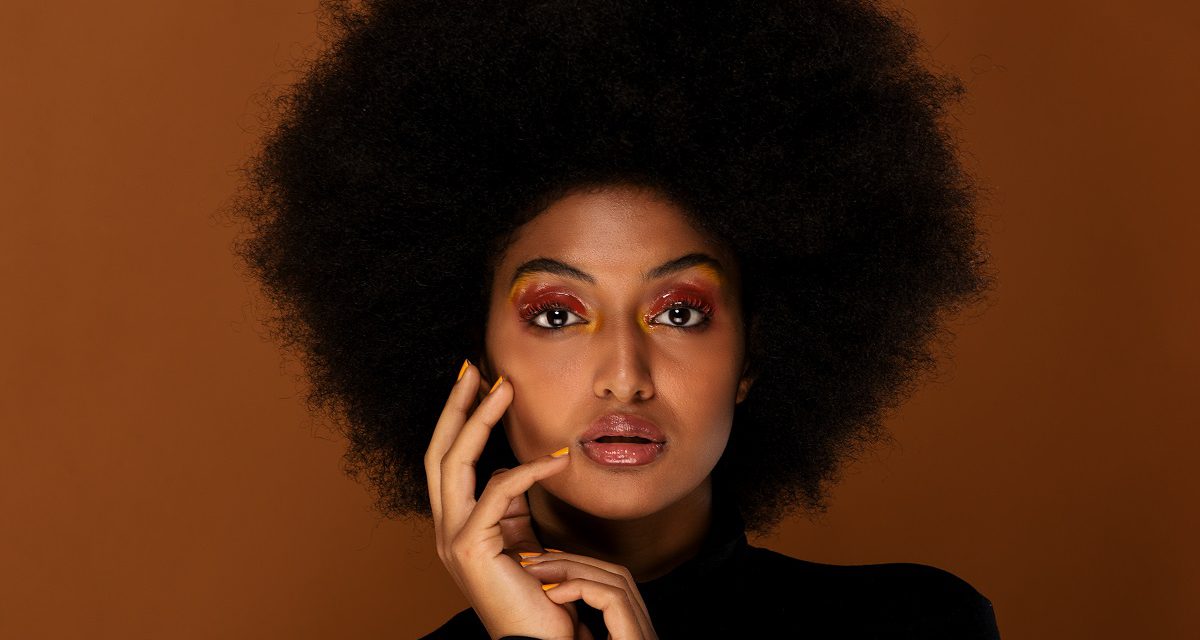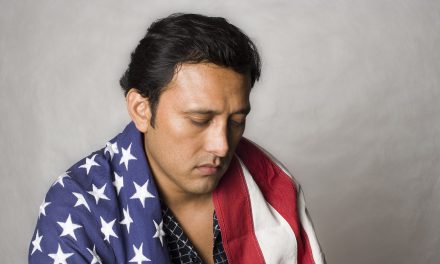The natural hair movement began in the 1960s but has resurfaced in the past decade, when online communities of Black women decided to teach each other how to take care of their naturally curly hair without chemicals or heat. Not only has the natural hair movement been an act of self-love and care, especially for Black women, but it is marked as an act of political resistance due to the discrimination against physical features perceived as Black, including hair texture. Curly hair is typically viewed as inferior, dirty, unkempt, and unprofessional. However, Black people everywhere, including corporate offices, are challenging this ideal as they wear their hair the way it naturally grows – with pride.
Unsurprisingly, hair discrimination dates back to slavery when white mistresses forced enslaved women to cover their hair. Some white mistresses were intimidated by the beauty of Black hair and feared it would catch the eye of white men, including their husbands. Additionally, headwraps (among other clothing regulations) were mandated to enforce the perceived inferiority of enslaved people. Such tignon laws were put in place to visually separate enslaved Black people, especially those who were mixed race and/or white-passing, from white people and make it impossible for them to integrate into white society.
Creating a Respectful and Open Workplace for Natural Hair, otherwise known as the CROWN ACT, is a law that prohibits discrimination based on hairstyle and hair texture. The law was drafted to protect Black people who are often targeted in the workplace and at school for the way they wear their hair, whether it be in box braids, locs, an afro, or any hairstyle historically associated with Black culture. “I know how it feels to be judged because of my hair, and no one should have to deal with this kind of covert racism,” Councilwoman Ryana Parks-Shaw stated in a press release. “Black men and women should be able to wear their natural hair without backlash or consequence, and the CROWN Act will ensure them this protection.”
Certain hairstyles are culturally significant to Black people, and they are made to protect and maintain tightly-coiled and curly hair types. However, Black people who don’t conform their appearance to Eurocentric beauty standards (such as long, silky straight hair) experience more prejudice. The CROWN Research Study reported that 80% of Black women agreed they had to change their hair to fit in at work. Additionally, the report found that Black women are almost twice as likely to be sent home from work because of their hair, are more than three times likely to be considered unprofessional because of their natural hair, and feel targeted at work as a result. Furthermore, hair discrimination is not exclusive to the workplace. Children and teenagers have been humiliated and punished at school for wearing their hair in culturally significant styles.
The basis of this law was partially inspired by a 2013 Alabama case, where the Equal Employment Opportunity Commission filed a lawsuit due to discriminatory hiring practices. A Black woman was offered a position as a customer service representative, but the offer was abrogated when she refused to cut off her locs per the employer’s request. The court argued that hairstyle is a matter of personal choice and cultural expression, therefore not protected under the law. This led to the CROWN Act petition, an effort to protect Black people, especially women, from discrimination based on hairstyles that are important to Black culture. The petition gained momentum, and it is slowly being pushed legally across the United States. Kansas City, Missouri is the latest jurisdiction to pass the CROWN Act.
Because of this legislation, individuals who experience hair discrimination may seek back pay, front pay, out of pocket expenses, attorney fees, and damages according to JD Supra. In some jurisdictions, such as Montgomery County, Maryland, those seeking restitution may also pursue a $5,000 penalty through the Office of Human Rights. Montgomery County takes the CROWN Act a step further and not only prohibits discrimination in the workplace, but in areas of public accommodations such as taxi cabs and group homes. While only 23 states have signed the CROWN Act into law, the legislation has been introduced at a federal level by Senator Cory Booker of New Jersey.
“For far too long, Black women and men in our community and throughout our country have been discriminated against—particularly in workplace settings—for embracing their natural hair texture and styles,” says Kansas City’s Mayor Quinton Lucas. Hopefully, with the implementation of the CROWN Act, Black people will feel secure enough to not hide themselves, especially as something as beautiful as their hair. Once, the law told Black people to cover their hair and avoid being seen. Now, the CROWN Act legislation brings Black Americans and the politicization of Black hair full circle.








